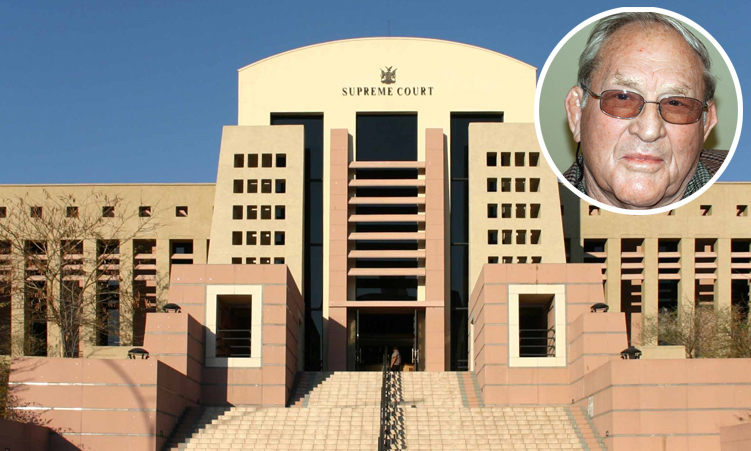Decades ago, former High Court and Supreme Court judge Bryan O’Linn asked a profound question: Can judges in Namibia effectively perform their duties if they are constantly under attack?
His question remains relevant given the onslaught on the judiciary over last week’s Supreme Court judgement on the legality of same-sex marriages concluded outside Namibia.
“Can a judge effectively perform his onerous task if people are allowed to continue undeterred to scandalise the judges – to misrepresent, to agitate, to incite, to demand, to dictate and even to threaten from public platforms, from the bush and from streets, through the media and through the structures of their parties, trade unions and churches?” O’Linn asked.
The answer is a definitive “no”.
O’Linn noted further: “Precisely because they cannot protect themselves, unscrupulous persons may exploit this weakness by scandalising the court or their judges or a particular judge, even spreading untruths without fear of contradiction.”
Calls by politicians and churches to undermine the Supreme Court’s ruling on same-sex couples are dangerous. The Supreme Court serves as the final arbiter on disputes.
However, some politicians and church and traditional leaders have chosen to relentlessly attack the judiciary.
This includes personal attacks on judges, calls for laws that would undermine the judiciary’s independence, and even threats of violence.
More worryingly, some of these attacks are coming from within Swapo, including ministers who swore to defend the Constitution.
Perhaps these leaders should be reminded that the Constitution says: “No member of the Cabinet or the legislature or any other person shall interfere with judges or judicial officers in the exercise of their judicial functions, and all organs of the state shall accord such assistance as the courts may require to protect their independence, dignity and effectiveness, subject to the terms of this Constitution or any other law.”
We should not fall into the trap of targeting the judiciary.
Like any branch of the state, the judiciary is fallible, but it is essential to hold it in high regard and comprehend its role even if we hold differing opinions.
For its part, the judiciary should be more transparent and look at reforms, including opening up its process of recruiting judges through public interviews.
In 2008, judge president Petrus Damaseb said: “Attacks against the judiciary undermine the independence of the judiciary and erode public confidence in the administration of justice. Criticisms against the judiciary should be informed and properly investigated before publication and should not impute improper motives against a judge.”
The outrage is a reminder that there is a lot to do to educate the public about the judiciary’s role.
A statement by the Independent Patriots for Change yesterday perhaps meets this requirement of first dissecting a judgement before making public pronouncements.
Our Constitution was drawn up to guide us as a nation. Among others, it seeks to provide justice for all, stamp out discrimination and prejudice and to protect minorities.
We cannot summarily choose to embrace what fits our views and throw out what we don’t agree with. There is no place for bigotry in a democracy.
Stay informed with The Namibian – your source for credible journalism. Get in-depth reporting and opinions for
only N$85 a month. Invest in journalism, invest in democracy –
Subscribe Now!






